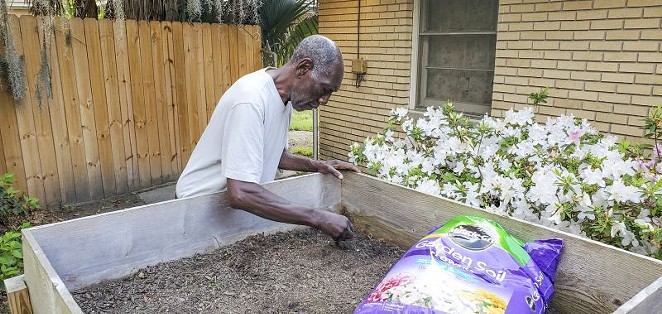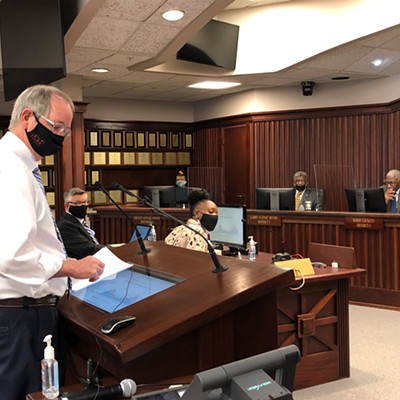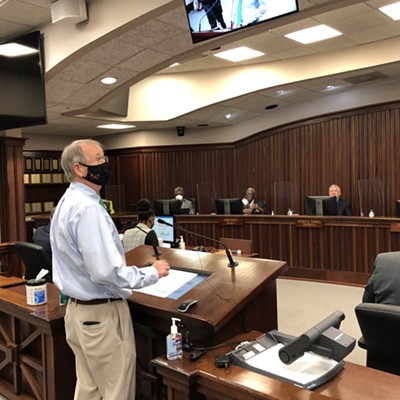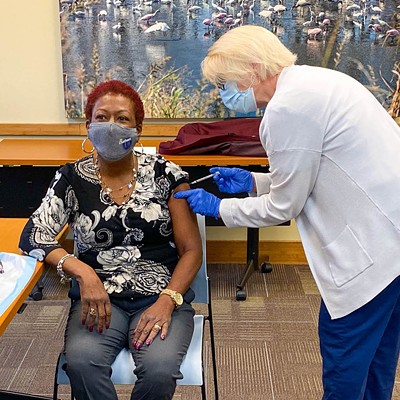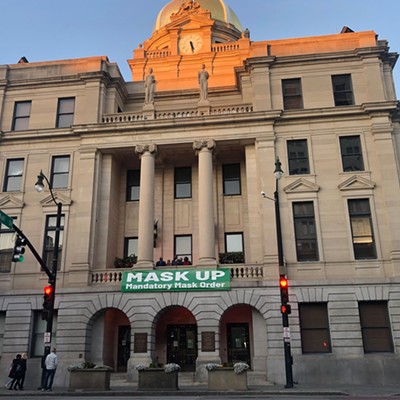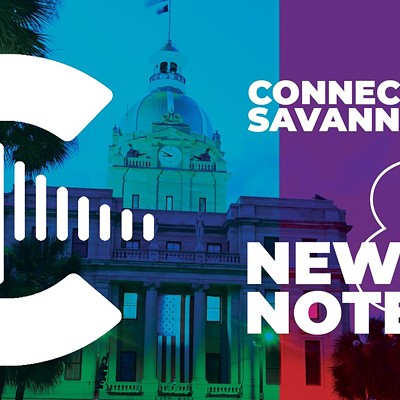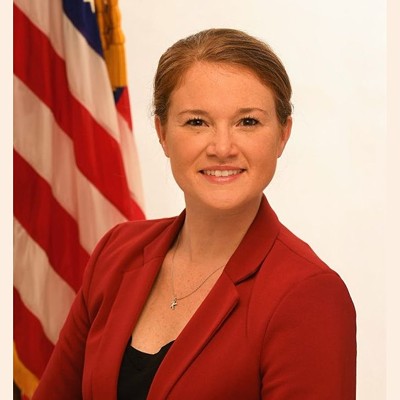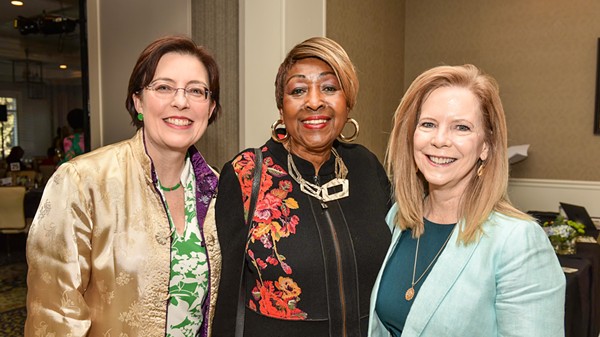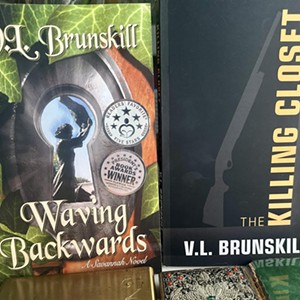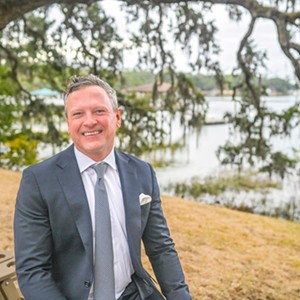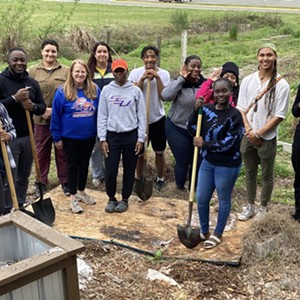Everyone is feeling the weight of COVID-19 and its impacts on their everyday life. The measures that have been taken federally and on the state level to stop the spread of the coronavirus are necessary, but have no doubt caused significant economic damage and major disruption on almost every level of functionality for people.
When we’re presented with situations like this, certain issues become clearer than they might have been under normal circumstances. Take, for example, the new protocol for digital and remote schooling. This is something that can be rather easily implemented for the most part in terms of students being able to make the transition.
But what about those who have special needs due to disability? As someone with Cerebral Palsy, I’ve been invested in the needs of the disabled community; which is why it’s troubling to see several recent stories about students with disabilities being left behind in regard to accessibility of materials and websites, etc.
On the same token, organizations like United Cerebral Palsy of Georgia (of which I’m a board member) are facing their own unique challenges as they navigate these uncharted and unprecedented waters.
UCP has 10 homes in Savannah with residents who have many different types of disabilities, and they have a full-time staff of Direct Support Professionals, who work closely with the residents every single day. Since the ban on gathers and the social distancing measures have been taken, UCP has faced some hurdles—including having to close its day program.
“The day program is a higher-density program. It’s a building with people doing all kinds of activities every day, plus transporting people to and from—obviously you can’t do social distancing in a minivan full of people,” UCP of Georgia President and CEO Diane Wilush tells Connect.
“We’re hopeful that we’ll get reimbursed for all the services we provide at the day program which has been closed, but we don’t know that yet. And in the 10 houses, we’ve got four people living in each home and they’re staffed 24/7. Normally they go out during the day and do things, but because of this circumstance they’re home all day. Well, we normally don’t have staff there all day. So now we have to staff all day; yet another expense.”
Nakaieta Spencer, a Senior Home Manager in Savannah, says that the day-to-day challenges presented by COVID-19 have to do mainly with the lack of social interaction that is instrumental to the lives of the people who live in the homes.
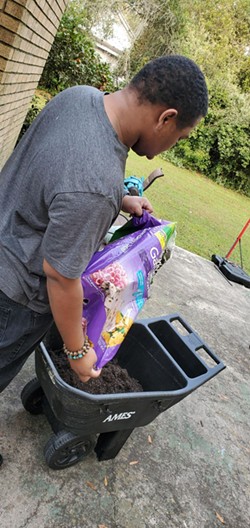
“The biggest challenge we’re having is the lack of social interaction. It’s taking away a key part of the folks’ daily living, because they’re used to getting out and integrated into the community at least six days a week—going to church, bowling, going to the movies. That’s the biggest challenge we’re facing in all the homes,” Spencer says.
Wilush says that what she hopes to stress about UCP during the current crisis is that their DSPs are as essential as anyone else who would be typically deemed essential in times like this.
“The DSPs don’t get the recognition they deserve, because they wear a multitude of hats and there’s really no professional classification [for their work],” she explains.
“We’re really trying to educate people that they are direct support. It is a profession. They have to be a chauffeur, they have to be a medication technician, a cook, a housekeeper, a friend, a personal care attendant, a teacher—all of the roles they play in peoples’ lives. I could go on and on.”
Laura Cook, who manages two Savannah homes for UCP, underscores the point of how essential these workers are—it’s a job, she says, that requires real passion.
“Working in an environment like this, you have to have passion, time management, and you have to be willing to be able to deal with change,” she says.
Despite how crucial DSPs are to the people they serve, they’re often overlooked and undervalued, Wilush says. This is something that is being highlighted by the current crisis.
“I would speculate that the reason they’re undervalued is because the citizens that they support are undervalued,” she says.
[image-3]“In this particular moment in time, all of the healthcare professionals are getting access to supplies. You’ve heard a lot, maybe, about personal protective equipment (PPE)? Since there’s not been any broad based recognition of our direct support professionals being healthcare professionals also, they haven’t had access to PPE. That’s a big advocacy effort that we’re working on now to express to the Department of Public Health and state officials.”
The goal, Wilush says, is to be part of the priority listings for receiving supplies and equipment as they run short.
When speaking of the direct support professionals that work full-time for UCP in Savannah and in other cities, Wilush makes it a point to note that they are among the most selfless people you’ll ever come across.
“Our staff is leaving their families; leaving where they, in theory, could be hunkered down. They’re doing it because of their commitment to the individuals. It’s really quite remarkable, and particularly in Savannah,” she says.
“We’ve had three hurricane evacuations in four years. We had to move everybody out of Savannah, and the DSPs left their families in a storm or brought them with them, and gave up days and days of not being home just to take care of people and do what their hearts have guided them to do.”

